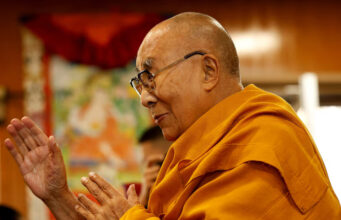
NEW DELHI: Austria is no longer “the island of the blessed,” in terms of being spared from terrorist attacks and has been “caught by surprise,” says Velina Tchakarova, Director at Vienna’s Austrian Institute for European and Security Policy (AIES). Kujtim Fejzulai, a 20-year-old Austrian and North Macedonian citizen, a suspected Daesh supporter armed with an automatic rifle, a handgun, a machete and a fake suicide vest killed at least four people and injured over two dozen others in central Vienna on the night of November 2. The police subsequently shot him dead. Daesh has claimed the attacker as its own. Tchakarova said the timing was “probably well selected. It was just hours before the second (Covid-19) lockdown. The streets were full. It was crowded. That led to more casualties,” she adds. The head of AIES pointed out that the attacker who “grew up in Austria was imprisoned for membership in a terrorist organisation in 2019 but managed to convince the system of his deradicalization and was freed with deadly consequences”. This will lead to discussion on how to reform the system, she added, when all operations are closed. There already is a “debate on distinguishing between Islam as a religion and political Islam as a dangerous ideology and the Austrian government is very clear that one has nothing to do with the other. So, antagonizing a whole group of society based on religion is an absolute no go,” Tchakarova said. But she added that “there already is an approach by the government, in terms of monitoring social media, trying to collect data and research regarding religiously motivated political extremism and this is going to continue”. She also spoke about the controversy over French President Emmanuel Macron and the cartoons of Prophet Muhammed. Watch the interview for more.















